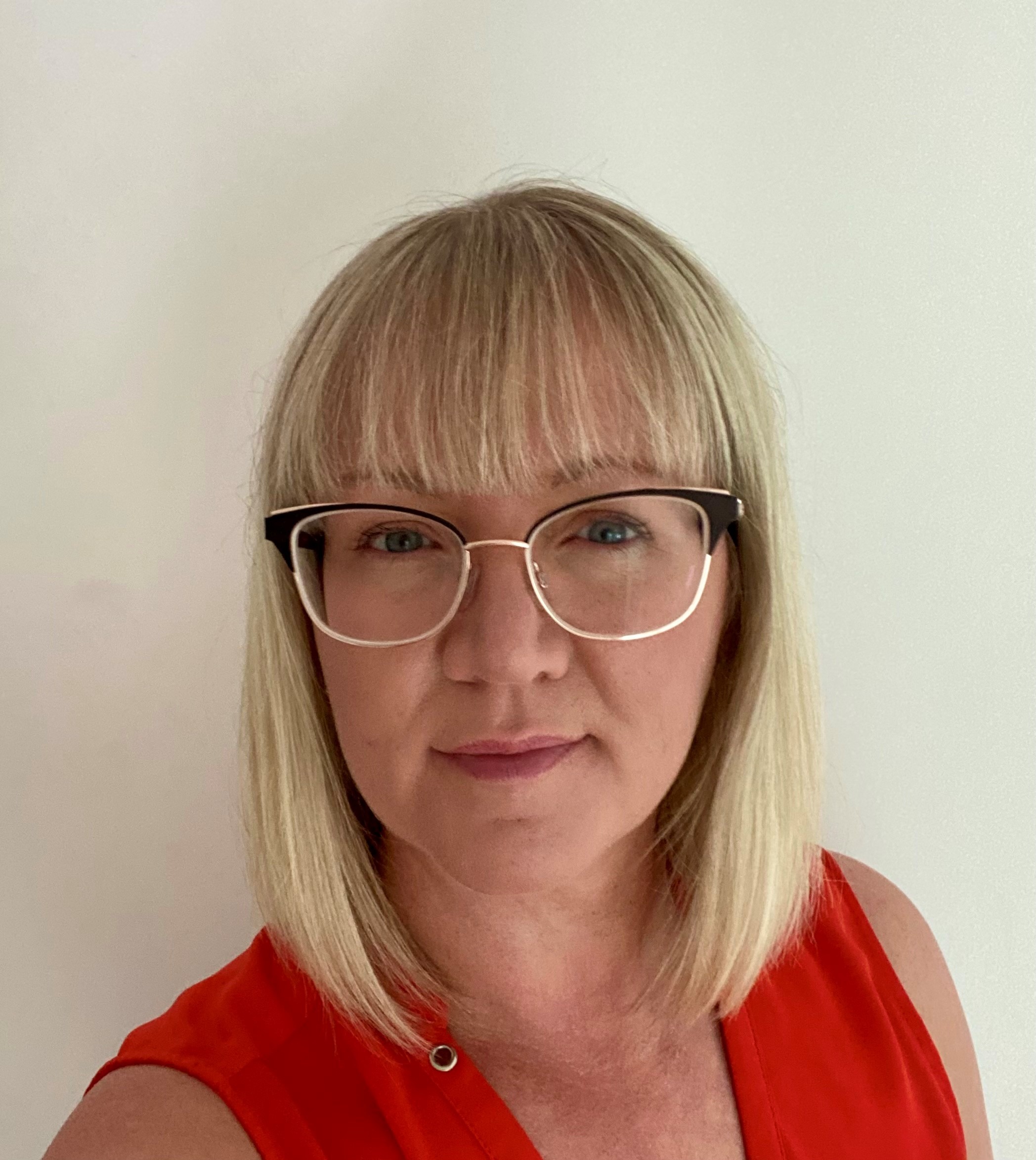Claire Hopley, Senior Consultancy Manager (Midlands), reminds us how important it is to prioritise our health by attending cervical screening appointments this Cervical Cancer Prevention Week (22-28 January 2024) and shares her own personal experience of her diagnosis.
“Cervical cancer is a type of cancer that occurs in the cervix, the lower part of the uterus connecting to the vagina. Human papillomavirus (HPV) is a common factor in the development of cervical cancer, making regular screenings crucial for early detection and intervention.
“Cervical cancer is the most common cancer in women* aged 30 to 35 and is the fourth most common cancer in women* globally. In the UK every year, an average of 3,200 cases of cervical cancer are detected, with 51% of those people surviving cervical cancer for 10 years or more. However, an astounding 99.8% of these cases could be preventable by getting vaccinated against HPV and attending regular cervical screening tests when you are invited to attend.
“I know from personal experience, the impact regular cervical screening can have on improving cancer outcomes.
“In April 2012, I attended a routine cervical screening appointment (also known as a smear) after receiving my invitation letter. I have always understood the importance of attending these screening appointments, so I have always followed the process rigorously and have never missed the chance to get screened.
“A week after my cervical screening appointment, I received a phone call informing me that abnormalities had been detected and that I was being referred for a colposcopy. I wasn’t experiencing any symptoms, I wasn’t too worried at this stage.
“I attended for my colposcopy two weeks later, and I could tell by the faces of the doctor and nurse in the room and by the number of images taken that it wasn’t good news. They again informed me that there were abnormal cells, and they would arrange for me to have a cone biopsy to remove them, there was no mention of the ‘C’ word just ‘abnormal cells’.
“I got a rapid referral for the biopsy, and had the procedure done and was told my results would go to my GP in a couple of weeks’ time. I had not long been home; I’d only had chance to take my coat off when the phone rang. It was the Gynaecology Nurse Specialist asking me to attend the hospital the following morning to discuss my results with the Consultant. I knew as soon as I heard this, that the results were not good.
“I attended my appointment the next day with the Consultant. He asked me what I knew, I said all anyone has told me is that I have abnormal cells. He said very matter of fact “It’s not abnormal cells, its cancer”. He told me I would be referred to the specialist at Christie Cancer Hospital (CCH) in Manchester as they would be able to offer me more advanced surgical options, which given that I was so young and had not started a family, would be the best option to preserve my fertility.
“Following more tests at the CCH, I was told my cancer was at stage IB1 and they recommended a Radical Trachelectomy, which was a fairly new procedure which would mean that I didn’t have to have a hysterectomy. After what felt like a long six weeks later, I had the surgery which was a complete success with the cancer being fully removed. I now have annual screening tests (smears).
“As part of my recovery, I received complementary therapy at the St Luke’s hospice in Cheshire which helped me to deal with some of the immediate effects of the treatment. I’m very grateful for all the support I received from them, as well as my local Macmillan Support Manager. I don’t think I could have got through those first three months without them, along with the support and care from my family and the swift service I received from the NHS.
“My proactive approach allowed for early intervention, a successful treatment and recovery, although the repercussions of the treatment and the impact of the diagnosis never truly leaves you.
“In the fight against cervical cancer, ongoing advanced research is crucial in developing new prevention strategies and improving existing ones. One of the most significant advancements is the development of the HPV (Human Papillomavirus) vaccine.
“Ongoing studies are exploring new prevention methods, improved screening techniques, and innovative treatment options. In November 2023, NHS England made a commitment to eradicate cervical cancer by 2040. In prioritising prevention by vaccinating as many people as possible against HPV and continuing to encourage people to come forward for cervical screening, the NHS aims to save countless lives. One of the reasons I’m so passionate about my job is that we can really make a difference to people’s lives with the improvements we make.
“I would encourage anyone with a cervix to attend their routine screening appointment or contact your GP urgently if you are experiencing any of these symptoms. Finding cancer early, means treatment is more likely to be successful.
“More information on What is cervical screening? is available, including an illustrated video showing someone having cervical screening and it explains what happens during the test.
“I urge you all to take charge of your own body and do everything within your power to ensure you can be around long enough to live the life you want to for you, your family, and your friends.”
*or anyone with a cervix


